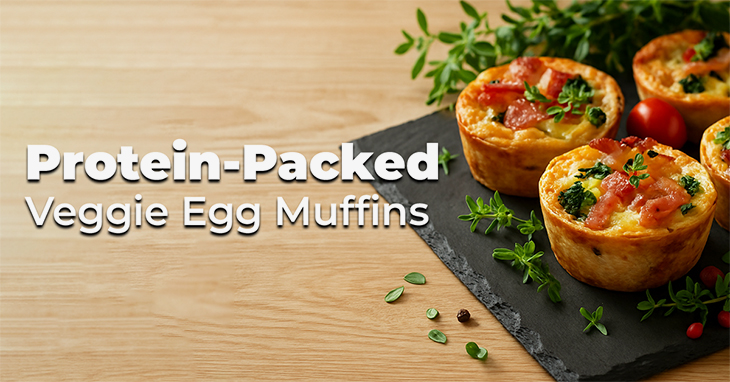Want to help your heart?
Category: Healthy Heart

Our heart is the hardest working muscle in our body and of course requires a significant amount of energy to function properly.
That energy is made available with the help of a nutrient called coenzyme Q10 (CoQ10), which also plays a role in supporting blood vessel health and helps make energy available to every cell in your body.
A supplement I have found delivers just that. Laboratory studies show the ingredients in the one I take supports energy production and healthy arteries with an all natural, proprietary blend that helps:
Facilitate the production of energy in your cells
Replenish CoQ10 levels in your blood
Protect arteries against the oxidation of low-density lipoproteins (LDLs), which may help promote blood vessel function
So what is Coenzyme Q10 (CoQ10) exactly? It is a naturally occurring compound in the body that plays a crucial role in cellular energy production. It is found in almost all tissues and organs, with the highest concentrations in the heart, liver, and kidneys. CoQ10 is also available as a supplement and has been suggested to have potential health benefits, including supporting cardiovascular health.
Cardiovascular disease (CVD) is a leading cause of death worldwide, and several risk factors, including high blood pressure, high cholesterol, and diabetes, can increase the likelihood of developing CVD. Studies have shown that CoQ10 may help to lower blood pressure and reduce the risk of CVD.
In addition to its potential benefits for blood pressure, CoQ10 may also have a protective effect on the heart by reducing oxidative stress and inflammation, both of which are associated with the development and progression of CVD. Some studies have also suggested that CoQ10 supplementation may improve the function of the heart in people with heart failure. Of course maintaining a healthy diet, regular exercise, and avoiding tobacco use are all key factors in supporting cardiovascular health.
So why supplement? Levels of CoQ10 in your body decrease as you age. CoQ10 levels have also been found to be lower in people with certain conditions, such as heart disease, and in those who take cholesterol-lowering drugs called statins.
How can I get CoQ10 naturally?
Primary dietary sources of CoQ10 include oily fish (such as salmon and tuna), organ meats (such as liver), and whole grains. Here is a list that might be helpful:
Foods high in CoQ10
- Organ meats: kidney, liver.
- Fatty fish: sardines, salmon, trout, mackerel.
- Meats: chicken, beef, pork.
- Vegetables: spinach, broccoli, cauliflower.
- Fruits: strawberries, oranges.
- Oils: soybean and canola oils.
- Legumes: soybeans, lentils, peanuts.
- Nuts and seeds: pistachio, sesame seeds.
Most individuals obtain sufficient amounts of CoQ10 through a balanced diet, but supplementation may be useful for individuals with particular health conditions.
What makes my supplement unique? It delivers an all natural, proprietary blend of clinically tested coenzyme Q10, plus resveratrol—two ingredients that provide potent support for heart health.*
The amount of CoQ10 consumed in foods is typically less than 10 mg a day. Chicken is relatively high in CoQ10, but to get the 100 mg provided by the above supplement, you would need to consume about 13 pounds of chicken, or as an alternative, 10 pounds of pistachios. If you would like more information about this product, please connect with me. Let’s all take good care of our hearts!



Facebook Comments